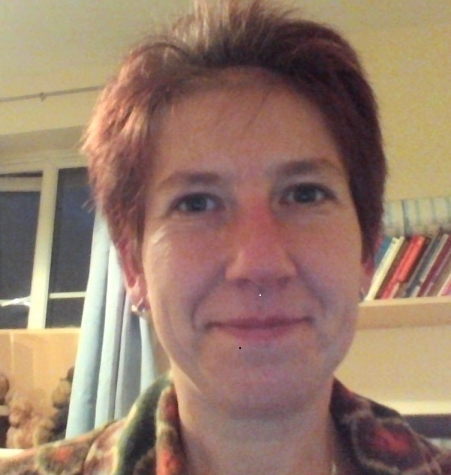How light affects sleep
Did you know that the lighting we use leading up to bedtime and then through the night can impact on our baby and children’s sleep? With so many manufactured lights which are advertised to ‘promote sleep’ we can easily assume these are supporting sleep rather than possibly inhibiting it.
Exposure to natural light during the day is an important factor in promoting good sleep. Light and Dark are nature’s cues to let us know when we should be awake and when it is time to sleep. Before electricity, the body was much more in tune with natural day/night cycles. People generally went to bed earlier and woke later. Nowadays, with electricity and various light mediums along with the introduction of energy saving bulbs (which we are encouraged to use), these may all be impacting on the body’s internal clock, known as the Circadian Rhythm.
Here are my Top Tips on ‘Using Light to aid sleep’
- Aim to have exposure to natural light preferably within 1/2 hour of wake up time and again in the afternoon between 12-4pm. Try to be outside for at least 30 minutes each time if possible.
- Use incandescent bulbs rather than energy saving ones.
- When natural light fades in the evening, start to dim lights and change to red-based light sources.
- If you are using a night light, try to use one with is on the red light spectrum.
- Review the bathroom environment. Try to keep lights low and if possible use artificial red light such as artificial candles.
- If your baby or child is currently struggling with their sleep, aim to avoid any blue light for 2 hours before bedtime. Therefore avoid bright lights and screens in the home.
- Implementing these ‘light changes’ as early as possible with your baby can encourage early development of the biological clock, therefore regulating the secretion of melatonin needed for well-balanced sleep.
- Ensure any thermometer lights or clocks in the bedroom are not in the eye line of the baby/child when they are laying down.
- The best light in the bedroom is none. Keeping the bedroom as dark as possible is best but not always practical. If you have a very alert baby then this will be even more important.

